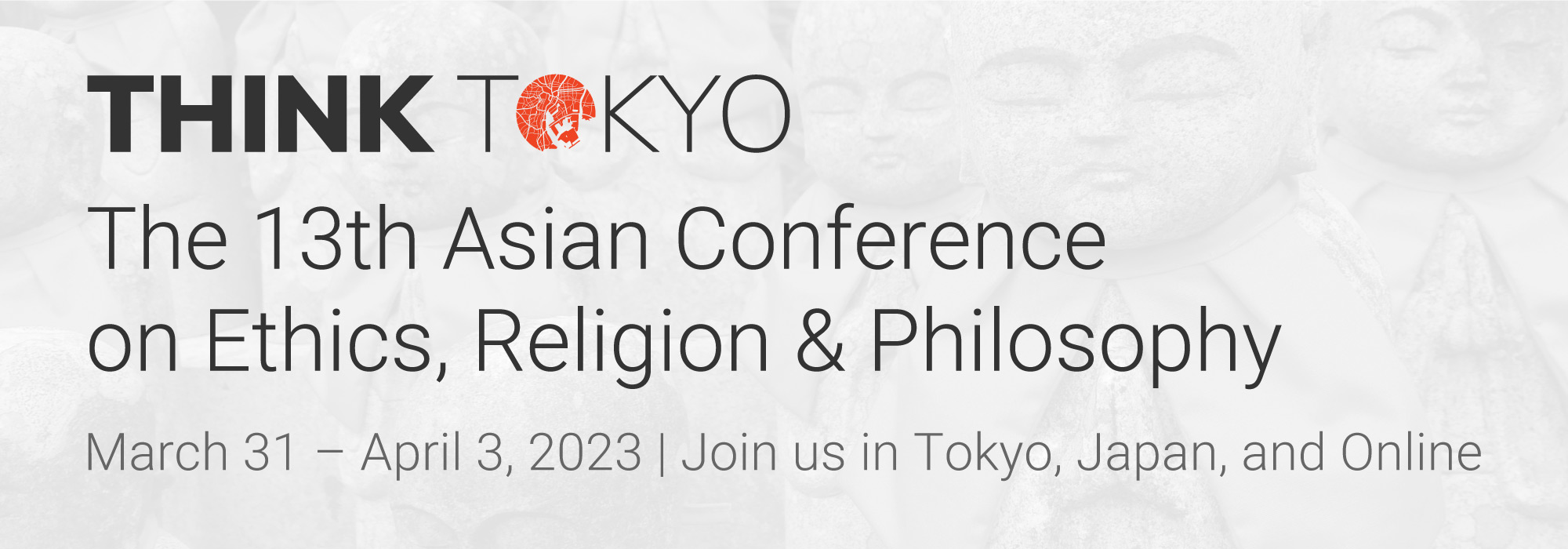State-Space Configuration of Intrinsic Motor and Cognitive Tempo (68691)
Session Chair: Sai Sun
Saturday, 1 April 2023 16:50
Session: Session 4
Room: Room 705
Presentation Type:Oral Presentation
Tempo, pace, rhythm, or speed is a central characteristic of human activities widely expressed in daily walking, thinking, and communication. All human behaviors could hold rhythmic properties and carry intrinsic timing information from or to the brain, as represented by intrinsic brain rhythms and rhythmic synchronization across different brain frequencies, one of the leading timing mechanisms. However, it is still unclear whether such a timing mechanism can be generalized across motor and cognitive dimensions and consistent across states. Using a home-based longitudinal track of motor and cognitive behaviors, we strive to bridge a direct link between intrinsic motor and cognitive tempo using computational modeling and further explore the commonality of timing mechanisms across tasks and states, followed by latent factor analysis that may account for tempo and tempo variations. A self-paced spontaneous finger tapping task was performed using a smartphone to quantify the natural motor tempo together with a battery of webpage-based online experiments involving visual perception, learning, memory, and decision-making across four periods (1st day, 7th days, 30th days, and 60th days later). Overall, our results demonstrated strong state-invariant motor and cognitive tempo representation, possibly supporting the existence of independent internal clocks for motor and cognitive timing, thus yielding mental stability across states. Moreover, such state-invariant tempo representation is not domain-general but task-specific, suggesting distinct timing mechanisms for automatic motor and cognitive tasks, thus yielding mental flexibility. Lastly, four dimensions primarily characterize natural motor tempo and tempo variations, including self-reported daily life tempo, emotional states, sleep, and social network.
Authors:
Sai Sun, Tohoku University, Japan
Chia-huei Tseng, Tohoku University, Japan
Kexin Xiong, Tohoku University, Japan
Yasuhiro Hatori, Tohoku University, Japan
Shinsuke Shimojo, California Institute of Technology, United States
Shioiri Satoshi, Tohoku Univesity, Japan
About the Presenter(s)
Dr Sai Sun is a University Assistant Professor at Tohoku University in Japan.
Connect on Linkedin
https://www.linkedin.com/in/sai-sun-16101211b/
Connect on ResearchGate
https://www.researchgate.net/profile/Sai-Sun-3
Additional website of interest
https://www.fris.tohoku.ac.jp/researcher/creative/sunsai.html
See this presentation on the full schedule – Saturday Schedule





Comments
Powered by WP LinkPress